Graham Reid | | 2 min read
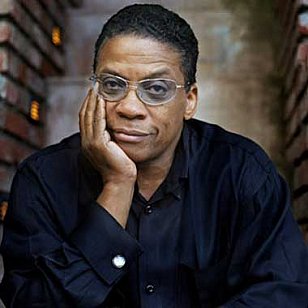
So there was high expectation and a large crowd for this concert by a genuine legend in the art.
At a youthful 67, Herbie Hancock has a luminous award-winning career which spans more than four decades and ranges from acoustic jazz with Miles Davis, through electro-funk and much more. So there was speculation on just what Hancock might deliver with his band of drummer Vinnie Colaiuta, bassist Nathan East and guitarist Lionel Loueke.
Opening with a persuasively seductive 20-minute passage of ambient electronics with African references (a reminder that Hancock once adopted the Swahili name Mwandishi) the band laid out a map of ideas which saw Hancock shift from electric piano to acoustic, and to selecting tones from a laptop.
It was that musical canvas they explored in a generous concert which ran past the two-hour mark, and in which Hancock also reached across time from playing material like the funk-like Stitched Up off his latest album Possibilities, picking Actual Proof from the mid-70s Headhunters days for a staccato and driving attack where Colaiuta came into his own, and - more rewardingly - essaying classic material such as Watermelon Man explored as funk-fusion with Loueke on discreet wah-wah, his hit Cantaloupe Island, and a moving solo treatment of Maiden Voyage, the programme highlight.
That magisterial yet intimate piece - which improbably began life as a cologne advertisement in the mid 60s - was exceptional: notes rippled like light on water, there was a tidal ebb and flow to its development, and Hancock allowed himself faint smiles of pleasure as he unfolded the piece.
Elsewhere Loueke took a fine solo spot which linked to his Benin musical heritage and BB King while exploring kora-like tones and using loop tape to duet with himself. And East grimaced and grinned his way through some vocals on the more populist material. Hancock strapped on a portable keyboard to playfully duel with East and Loueke.
Jazz can be an art and an entertainment. At this concert it was both but, without wishing to sound the purist, there was much here which erred towards the crowd-pleasing.
The standing ovation and calls for encores were deserved, but that treatment of Maiden Voyage will last in the memory longer than their version, complete with harmonica affects from Hancock, of Stevie Wonder's I Just Called to Say I Love You.

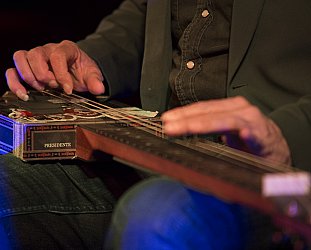
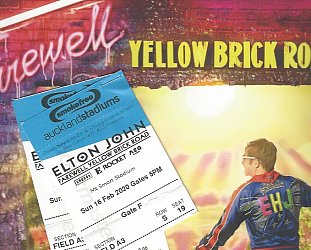
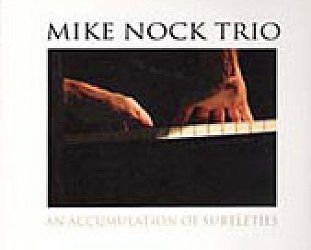
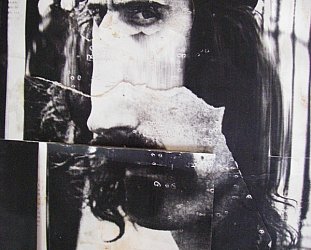
post a comment